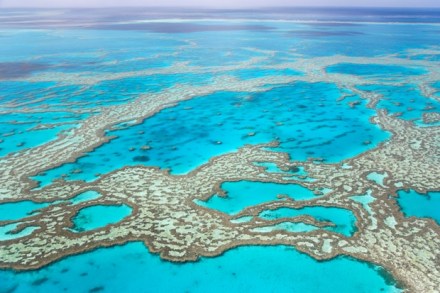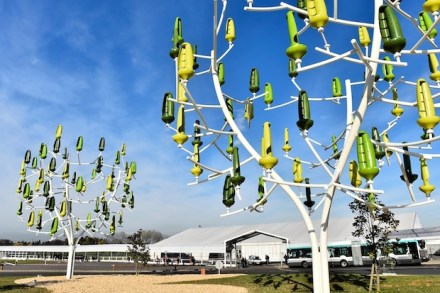Will Prince Charles’s ‘climate collapse’ prediction come true?
Each year, this column has the melancholy duty of reminding the public of the Prince of Wales’s prediction, made in Brazil in March 2009, that there were only 100 months left to prevent ‘irretrievable climate collapse’. Those 100 months will have elapsed at the end of next month, so it looks as if we are all doomed. The general election on 8 June will therefore be pretty pointless. It is noticeable, however, that the Prince has not, in recent years, repeated his exact dating of the catastrophe, muttering, in 2015, that it might be 35 years. Even more striking was his co-authorship, at the beginning of this year, of the














